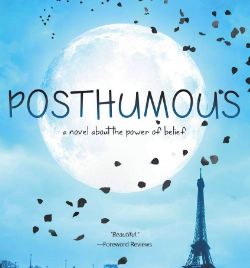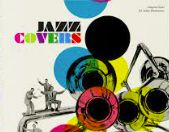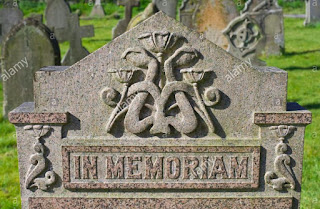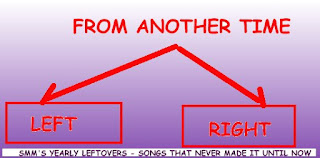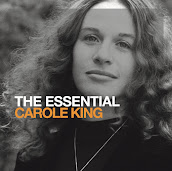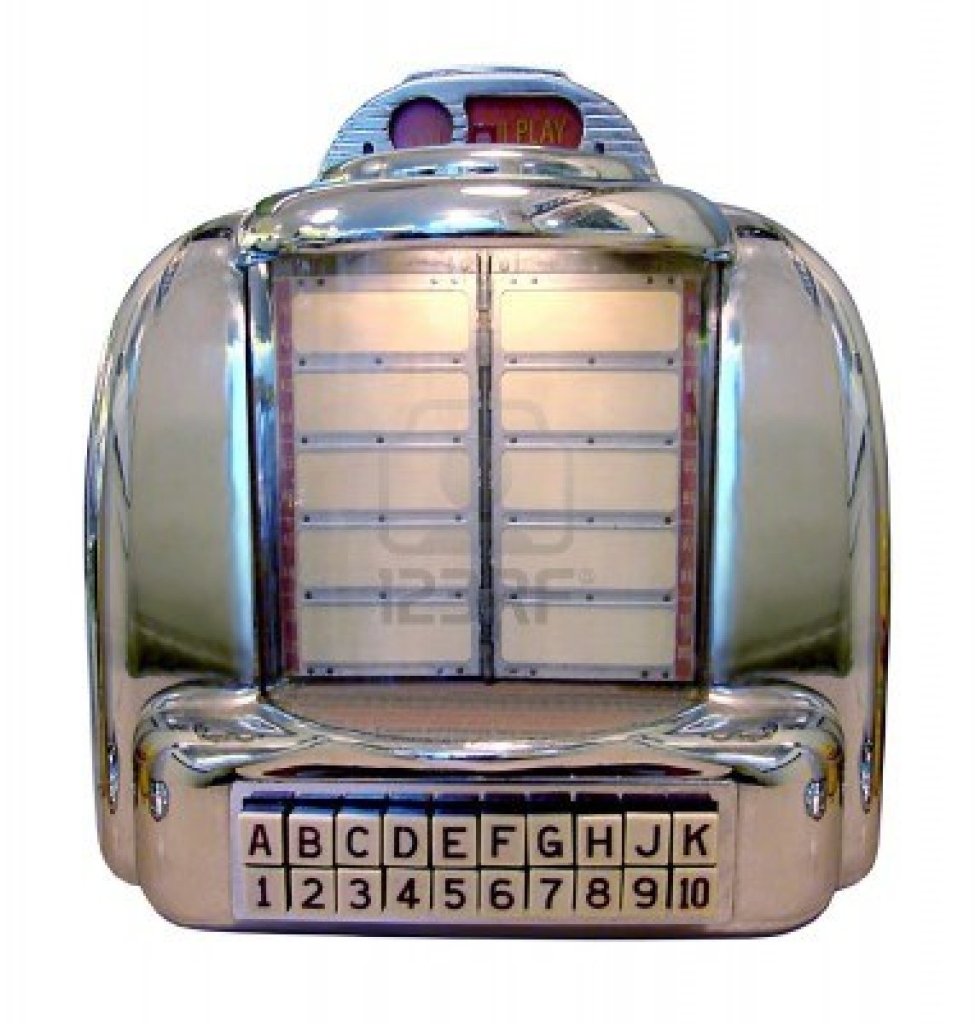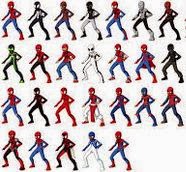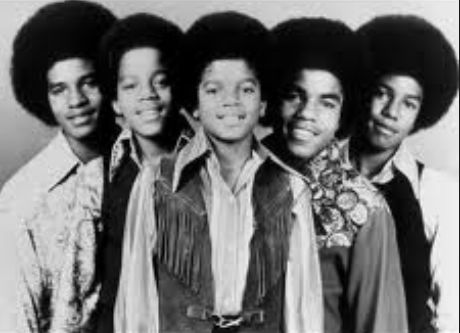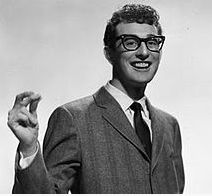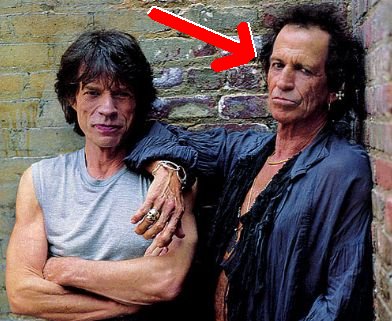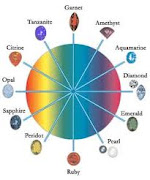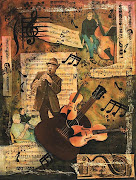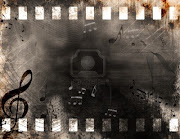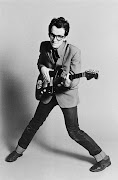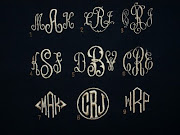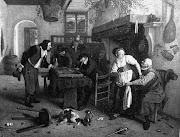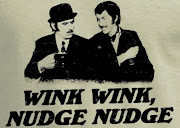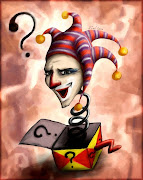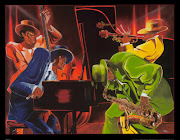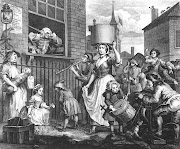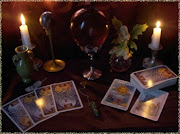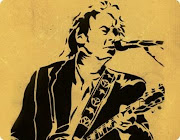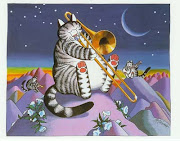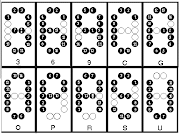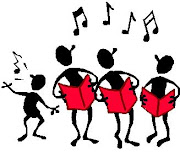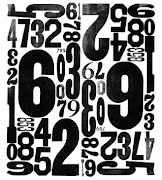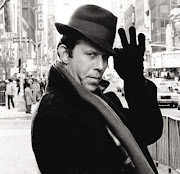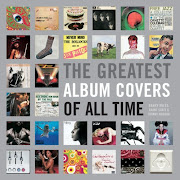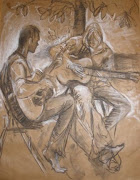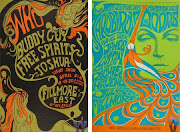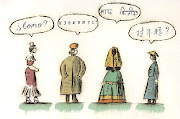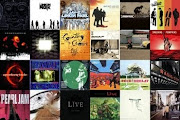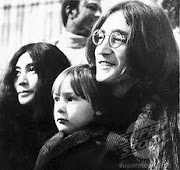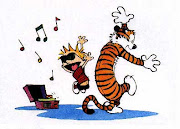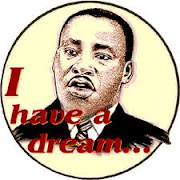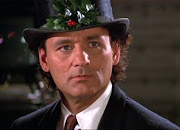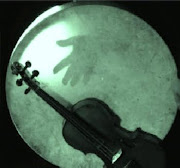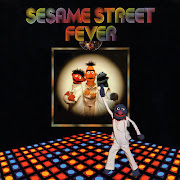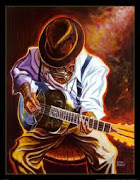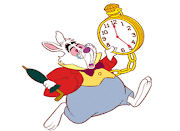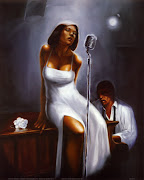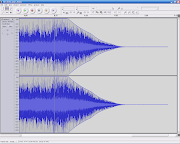Jimmy Somerville : You Make Me Feel (Mighty Real)
[purchase]
You might have noticed by now that I have a great affection for male vocalists who have ranges pitched higher than usual. That explains my affection for Jimmy Somerville, former lead singer for the 80s synth pop groups Bronski Beat and the Communards. Even among these select singers, Somerville's voice is a flat-out falsetto, which I think suits the dance floor perfectly. He's had a string of club dance hits, commonly covers of R&B songs ("Don't Leave Me This Way", "I Feel Love", "Never Can Say Goodbye").
Apart from that awesome voice, Somerville is noteworthy in being one of the first openly gay recording artists, a rarity in the early 80's. Bronski Beat featured all gay performers, and their music reflects this—their first hit single, "Smalltown Boy", and its follow-up, "Why", both express the sting of anti-gay prejudice.
"You Make Me Feel (Mighty Real)" was a disco hit for Sylvester James; Somerville recorded it in 1989 for his first solo album. Sylvester himself was also gay; his music flourished in the San Francisco discos in Harvey Milk's Castro District.
Saturday, July 24, 2010
Parentheses / You First: You Make Me Feel (Mighty Real)
Posted by Geoviki at 11:24 PM View Comments
Labels: Jimmy Somerville, Parentheses, you first
Parentheses: Stay (I Missed You)
Lisa Loeb & Nine Stories: Stay (I Missed You)
[Purchase]
Some music fans are lucky enough to grow up in households where music is prevalent and important, and others have to find it on their own. For me, I was a casual music listener, but mostly just heard whatever was on the radio until I had an epiphany in 1996. This epiphany came in the form of a hit single on the radio called "Stay (I Missed You)". As for the theme, the song in question lost it's parentheses for the album, but the single was definitely called this, as was it on the Reality Bites soundtrack, where it was first heard.
Cliche almost now, but at the time the song grabbed me and wouldn't let me go. I was in high school and music was just "fun" to me and didn't get much deeper than that. But then I heard a song by a girl, and I related to it, it felt conversational, confessional, and enlightening. I bought Lisa Loeb's debut album shortly after that and didn't listen to anything else for nearly 6 months. It led me to buy soundtracks and compilations that led me to other bands that were equally enlightening. It was a side of music I didn't know existed, and it led to sides of me I hadn't known how to express before.
Obviously, others felt similarly about the song, as it became the first song to hit #1 by an unsigned artist. Since then Lisa hasn't made an album that hit quite like that first one did, but we can never really replace the feeling of a first love.
Posted by Anne at 2:04 PM View Comments
Labels: lisa loeb, Parentheses
Parentheses: Whole Lot Of Shakin' In My Heart (Since I Met You)

Smokey Robinson & The Miracles: Whole Lot Of Shakin' In My Heart (Since I Met You)
[purchase]
I'm in a bit of a hurry, about to head out and make the town quiver with excitement, being Saturday night and all. I just want to squeeze one more post in before tomorrow.
I will only say that Smokey Robinson is one of the most consistently amazing performers of the last 50 years.
Posted by Anonymous at 12:13 PM View Comments
Labels: Parentheses, Smokey Robinson
Friday, July 23, 2010
Parentheses: Voodoo Chile (Slight Return)
Angélique Kidjo: Voodoo Chile (Slight Return)
[purchase]
Voodoo Chile (Slight Return) is the version that everyone seems to know, but there actually also was a non-parenthetical "Voodoo Chile" on Hendrix's 1968 LP, Electric Ladyland, which is a 15-minute slow, soulful burn. But the (Slight Return) version's the one that's got all those covers by rock's best guitarists, including Stevie Ray Vaughan, Buddy Guy, Kenny Wayne Shepherd, and Eric Clapton.
You've heard all those, though. I thought I'd share a non-guitar-focused version by West African artist Angélique Kidjo from her 1998 album, Oremi. In this cover, the rhythm and vocals become the focus.
Posted by Geoviki at 8:44 PM View Comments
Labels: Angelique Kidjo, Parentheses
Parentheses: That’s Right (You’re Not From Texas)
Lyle Lovett: That‘s Right (You‘re Not From Texas)
[purchase]
Do you remember the movie Urban Cowboy, and the mechanical bulls that were everywhere for a time? Did you ever wonder how native Texans felt about this? At a time when seemingly everyone in the United States wanted to pretend they were from Texas, Lyle Lovett wrote this song. Lovett dealt with the whole situation with good natured humor, and he also included, in the second verse, a heartfelt tribute to Uncle Walt’s Band. The music is Lovett’s take on one of Texas’ great contributions to American culture, western swing. I can hear in my head a high pitched “aww haww” from Bob Wills as I listen to this.
Posted by Darius at 6:23 PM View Comments
Labels: Lyle Lovett, Parentheses
Parentheses: Exit Music (For A Film)

Radiohead: Exit Music (For A Film)
[purchase]
OK Computer, an album which tends to be in the top 10 whenever someone feels like summing up the best albums of 1990s. Overhyped and overrated some people would say. I however is not one of those people - OK Computer is exactly as great and monumental as the critics claim.
It was immediately hailed as a masterpiece, a concept album perfectly capturing the essence of the spiritually detached modern man's search for a sense of purpose, the very embodiment of the zeitgeist. The Dark Side Of The Moon of the 90s, you might say. A study of the difficulties to stay sane and human in an increasingly technological and stressful world.
The band dismissed this and claimed there was nothing zeitgeist-y about it, and that it was most definitely not a concept album.
I don't know about that, but I do know it captured my zeitgeist. I bought both OK Computer and Chuck Palahniuk's Fight Club on the same day in the fall of 1997, and they were exactly what that spotty 16 year old needed at that point in his life. I can't explain it in detail, but both just sort of fit. They opened my eyes and spoke to me in a way nothing has, before or since. Things actually made sense for a change, and the world wasn't the same the next day.
Both gave me a sense of direction at a point in my life when I needed it the most, and pushed me down the right path just as I was about to head down the wrong one. As corny and juvenile as it might sound, I've always felt I became a better person on that rainy September afternoon thirteen years ago.
Posted by Anonymous at 3:38 PM View Comments
Labels: Parentheses, radiohead
Thursday, July 22, 2010
Parentheses: This Must Be the Place (Naive Melody)
Shawn Colvin: This Must Be the Place (Naive Melody)
[purchase]
Home is where you hang your hat. Home is where they have to let you in. Home is where the heart is. Home Sweet Home. There's no place like home...
Home is less a physical location and more a state of mind - home is where you feel comfortable and loved and wanted...
I have left one home in South Florida for another in the hills of New York - I departed with deep kisses and I will arrive to warm hugs (Boyhowdy and Darius and Fil, oh my!), to name but a few I look forward to crossing paths with this weekend...
I still have never heard the original Talking Heads song, but as soon as I listened to Shawn Colvin's version on her Cover Girl CD, it quickly became a favorite - it defines home (i.e. love) as valuable yet vulnerable, faithful yet fleeting, secure yet sensitive...
We who have it, wherever however whoever, realize how lucky we are and how little we can take it for granted - we count our blessings while keeping a vigil...
Home is where I want to be
But I guess I'm already there
Posted by Susan at 10:00 AM View Comments
Labels: Parentheses, Shawn Colvin
Parentheses: The 60's British Edition

The Beatles: Norwegian Wood (This Bird Has Flown)
[purchase]
The Moody Blues: The Afternoon: a) Forever Afternoon (Tuesday?) b) (Evening) Time To Get Away
[purchase]
The Zombies: Butcher's Tale (Western Front 1914)
[purchase]
Being the incurable anglophile that I am, I just had to squeeze in some old favorites of mine, by three bands all groundbreaking and trendsetting in their own way.
Posted by Anonymous at 2:27 AM View Comments
Labels: Parentheses, The Beatles, The Moody Blues, The Zombies
Wednesday, July 21, 2010
Parentheses: The Philly Sound (of the Delfonics)
The Delfonics: La-La (Means I Love You)
[purchase]
The Delfonics: Didn't I (Blow Your Mind This Time)
[purchase]
Soul music in the 60s centered around two major cities: most people think of Detroit—Motown—right off the bat, but Philadelphia was equally important in delivering quality soul music to an eager audience. Artists that define the Philly Sound, with its lush harmonies and rich, string-laden arrangements, include Harold Melvin and the Blue Notes, the Stylistics, the O'Jays, the Spinners, Hues Corporation, and our featured group, the Delfonics.
Two of their biggest hits have parenthetical titles. Listening to both, I can easily hear the roots of the style known a decade later as Quiet Storm. Both were written by Thom Bell, who also came up with the equally wonderful "If You Don't Know Me By Now" and "Me and Mrs. Jones."
Posted by Geoviki at 11:04 PM View Comments
Labels: Parentheses, The Delfonics
Parentheses: Until I Met You (Corner Pocket)
The Manhattan Transfer: Until I Met You (Corner Pocket)
[purchase]
If you saw my posts for our Joni Covers week, or if you’ve looked at Oliver di Place recently, you know that I love jazz singing. If you’ve heard of The Manhattan Transfer, you may remember The Boy From New York City, and wonder why I’m bringing this up. But The Manhattan Transfer was the group that introduced me to jazz vocals, and they have done quite a bit of it in the course of their career.
In high school, I sang in the choir, and the conductor, who was used to non-musical kids who took the class for an easy grade, was happy to have a bass who took it seriously. When one of the basses in the elite choir broke his leg in a skiing accident with a concert coming up, I got the call. The first piece we worked on was Java Jive. I wanted to find a recording of it, and that’s how I found The Manhattan Transfer. I was hooked, and I was still following their career when they got around to recording this one. Until I Met You is often recorded as Cherry Pink and Apple Blossom White, while Corner Pocket was a standard for Count Basie back in the day. Together, they form a love story, told from both sides of the relationship. I would like to dedicate this one to my wife Janice, on this our anniversary.
Posted by Darius at 1:51 AM View Comments
Labels: Manhattan Transfer, Parentheses
Tuesday, July 20, 2010
Parentheses: (It's Good) To Be Getting Better

Oasis: It's Getting Better (Man!!)
[purchase]
Oasis: (It's Good) To Be Free
[purchase]
I've had a soft spot for Oasis since the day they hit the scene in 1994. It's shame they haven't really released anything noteworthy since 1998, but that's okay. When they split for the millionth and possibly last time in 2009, I wasn't too bothered.
We'll always have those first three albums, Definitely Maybe, (What's The Story) Morning Glory? and Be Here Now and the b-sides compilation The Masterplan, all of which should have a prominent place in everyone's record collection. Be Here Now has gotten an unfairly bad reputation for not living up to everyone's expectations at the time, but it's actually very good.
Though I admit some songs are too long, and it's also a good early example of what would later be known as "the loudness war". It's a very brickwalled record, definitely one of the loudest mixes I've heard, which makes it quite tiring to listen to after a while. A real shame, since some songs, like Magic Pie and My Big Mouth, are among the band's best.
Yes, Noel Gallagher stole bits and pieces from every part of rock history, but what he did with his loot is the important part and I don't think his skills as a songsmith can be questioned with any real authority.
Posted by Anonymous at 2:58 AM View Comments
Labels: Oasis, Parentheses
Monday, July 19, 2010
Parentheses: Happytown (All Right with Me)
Dave Carter & Tracy Grammer: Happytown (All Right with Me)
[purchase] - scroll down to Tanglewood Tree
Eight years ago today, the world lost a charming man and a brilliant songwriter - Dave Carter suffered a fatal heart attack a month shy of his 50th birthday...
He and Tracy Grammer, his "partner in all things", released three in-my-opinion perfect CDs, and she coordinated a fourth posthumously - the legacy remains, through Tracy's continued touring of the songs as well as others' covers (beautifully spotlighted recently on Cover Lay Down)...
Here is a link to my post to the Dave-and-Tracy list the day after he left this earthly plane - not a day goes by when I don't think about/listen to the music of Dave Carter. This day is doubly hard now, because it is also the anniversary (one year ago) of my mom's passing - Happytown is inspired by Dave's experiences with Transpersonal Psychology... but I'll always remember it for my own personal interpretation of "endless summer":
he says the primal quest ain't nothin' but a second guess
sometimes you just do your best to compromise
Posted by Susan at 11:45 PM View Comments
Labels: Dave Carter, Parentheses, Tracy Grammer
Parentheses: (Watch Out for Yourself) Mr. Jones

The Orange Electric Squidders (Fleetwood Mac): (Watch Out for Yourself) Mr. Jones
[out of print]
When Danny Kirwin joined Fleetwood Mac as it's third singer/guitarist in 1968, second singer/guitarist Jeremy Spencer became the odd man out. As Kirwin and first singer/guitarist Peter Green started exploring new sounds, Spencer's repetitive Elmore James impersonations were getting old. In concert, he only played on his songs, sitting out while the rest of the band jammed on. The shows often ended with Jeremy and the band transforming into Earl Vince and the Valiants for an encore of '50s rockers, but that hardly qualified as a new direction.
So when the band assembled to record Then Play On, Spencer didn't participate. A plan was floated to include with the album a free EP of Spencer's sarcastic takes on current popular music, but the record company didn't go for it. The EP (recorded in '68 while the rest of the band were working on the chart-topping instrumental "Albatross") was conceived as a mythical U.S. TV program, "The Milton Schlitz Show". The five tracks were eventually released in 1998 as part of the now-out-of-print outtakes compilation The Vaudeville Years - 1968 to 1970, and they're a hoot.
Spencer parodies doo-wop, British bluesmen Alexis Korner and John Mayall, and Lightnin' Hopkins, but the highlight of the set is Jeremy's take on "heavy" psychedelic rock, "(Watch Out for Yourself) Mr. Jones," performed by "The Orange Electric Squidders." Although the fake band name was meant to evoke the likes of the Electric Prunes, the music has more in common with Cream. Had it been released as a single at the time, one wonders how it would have fared.
Jeremy released a whole album of spoofs in 1970 (including "Take a Look Around Mrs. Brown", a song that would not have been out of place on a Dukes of Stratosphear album) and one more album with the Mac (Kiln House) before unexpectedly leaving the band for a religious cult while on tour in America. Surprisingly, after being considered a lost cause for decades, Spencer resurfaced in the last few years playing the blues again.
Posted by FiL at 5:20 PM View Comments
Labels: Fleetwood Mac, Jeremy Spencer, Parentheses, The Orange Electric Squidders
Parentheses: Land: Horses/ Land Of A Thousand Dances/ La Mer (De)
Patti Smith: Land: Horses/ Land Of A Thousand Dances/ La Mer (De)
Purchase:
Patti Smith was a writer before she was a musician, having published two books of poetry and having written for a couple of music critic magazines before ever standing on the stage at CBGB. She has said that she was inspired equally by Rimbaud and Ginsberg as she was by The Rolling Stones and Dylan. I think these odd cross currents of influence are no where more clear than on Land: Horses, the sprawling, nervous, beat-punk climax of her debut album, Horses. The story that the song tells is disturbing, to say the very least, and the music further sets the listener on edge. The unnatural juxtaposition of Smith's story of a teenage physical assault with the lyrics to Chris Kenner's Land of 1,000 Dances only adds to the disconcerting feeling.
After numerous internet searches I still can't say with any authority what the parenthetical "(De)" at the end of the title refers to. It might be a reference to Debussy, who wrote an orchestral composition called La Mer, but that's just one person's idea.
But a great song is a great song and a parenthesis is a parenthesis.
Posted by bwrice at 3:06 PM View Comments
Labels: Parentheses, patti smith
Sunday, July 18, 2010
Parentheses: Abilene (The Eisenhower Waltz)
Peter Mulvey: Abilene (The Eisenhower Waltz)
[purchase]
Abilene (The Eisenhower Waltz) doesn’t sound like a political song. It was recorded in 2005, when the Iraq war was much more in the news and the public’s awareness than it is now. Peter Mulvey evokes a period 50 years prior to that, even taking the phrase “Iron cross” from an Eisenhower speech in 1953. He presents Eisenhower as a man who had gotten the country into a tight spot, and took responsibility for it. Mulvey says not a word about the events of 2005 in the song. And his silence says it all.
Posted by Darius at 1:52 AM View Comments
Labels: Parentheses, Peter Mulvey





































